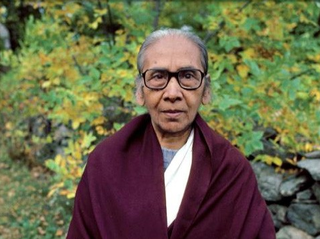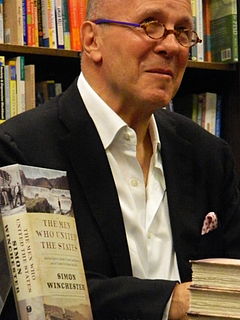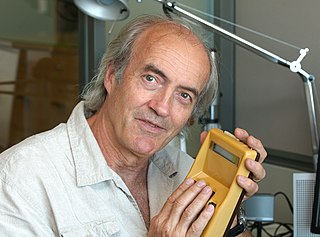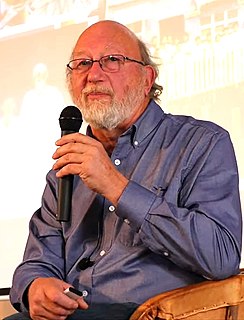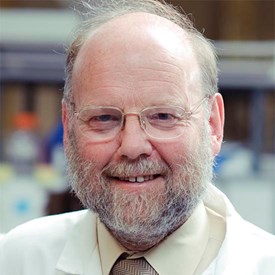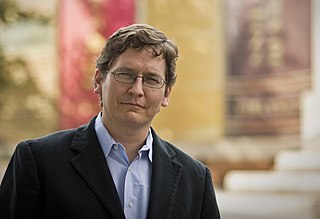A Quote by Roger Wolcott Sperry
There probably is no more important quest in all science than the attempt to understand those very particular events in evolution by which brains worked out that special trick that has enabled them to add to the cosmic scheme of things: color, sound, pain, pleasure, and all the other facets of mental experience.
Related Quotes
In the temple of science are many mansions, and various indeed are they that dwell therein and the motives that have led them thither. Many take to science out of a joyful sense of superior intellectual power; science is their own special sport to which they look for vivid experience and the satisfaction of ambition; many others are to be found in the temple who have offered the products of their brains on this altar for purely utilitarian purposes.
Any attempt to speak without speaking any particular language is not more hopeless than the attempt to have a religion that shall be no religion in particular.... Every living and healthy religion has a marked idiosyncrasy. Its power consists in its special and surprising message and the bias which that revelation gives to life.
So far I have been speaking of theoretical science, which is an attempt to understand the world. Practical science, which is an attempt to change the world, has been important from the first, and has continually increased in importance, until it has almost ousted theoretical science from men's thoughts.
I suspect the reason is that most people [...] have a residue of feeling that Darwinian evolution isn't quite big enough to explain everything about life. All I can say as a biologist is that the feeling disappears progressively the more you read about and study what is known about life and evolution. I want to add one thing more. The more you understand the significance of evolution, the more you are pushed away from the agnostic position and towards atheism. Complex, statistically improbable things are by their nature more difficult to explain than simple, statistically probable things.
It is important to distinguish between sense-pleasure and sense-desire. There is nothing wrong with sense-pleasure. Pleasure and pain are part of our human experience. Sense-desire, on the other hand, is the grasping at pleasure or the avoidance of pain. This is what creates suffering-grasping and avoidance.
The whole point of science is that most of it is uncertain. That's why science is exciting--because we don't know. Science is all about things we don't understand. The public, of course, imagines science is just a set of facts. But it's not. Science is a process of exploring, which is always partial. We explore, and we find out things that we understand. We find out things we thought we understood were wrong. That's how it makes progress.
I like black for clothes, small items, and jewelry. It's a color that can't be violated by any other colors. A color that simply keeps being itself. A color that sinks more somberly than any other color, yet asserts itself more than all other colors. It's a passionate gallant color. Anything is wonderful if it transcends things rather than being halfway.
Long experience has taught me this about the status of mankind with regard to matters requiring thought: the less people know and understand about them, the more positively they attempt to argue concerning them, while on the other hand to know and understand a multitude of things renders men cautious in passing judgment upon anything new.









